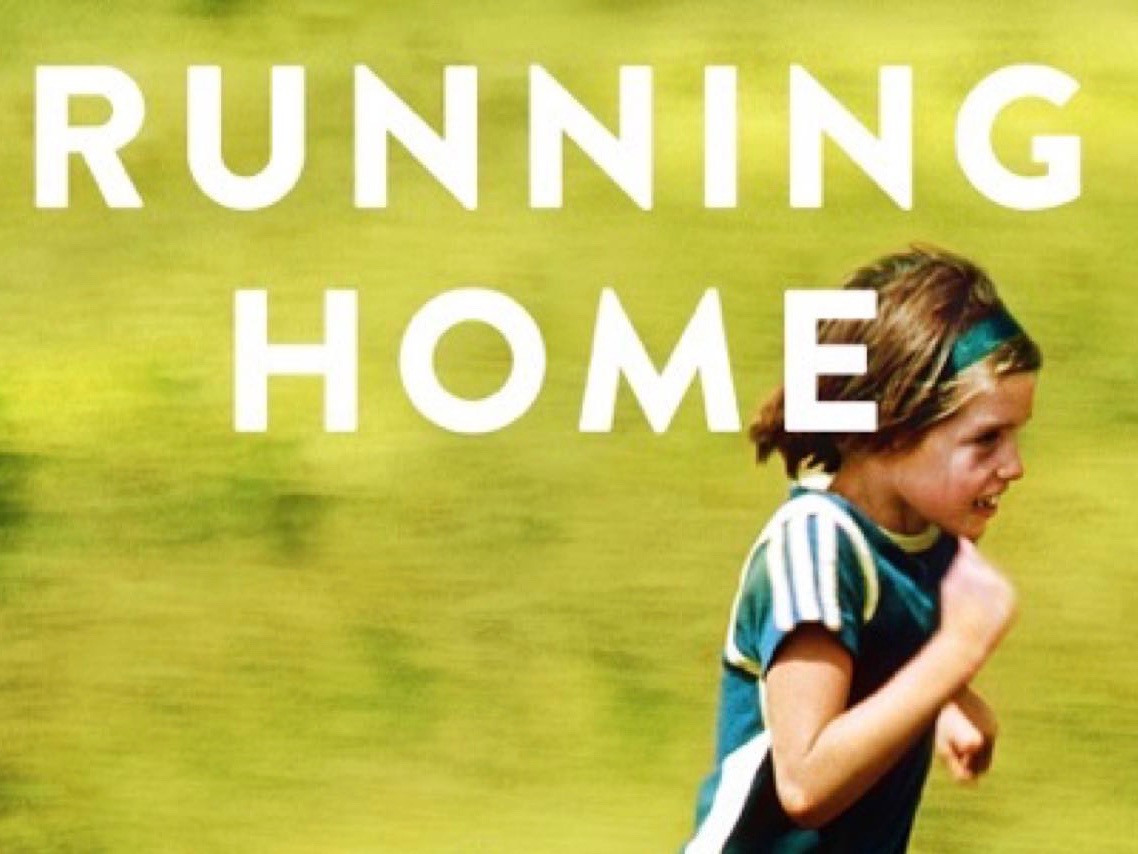

Add to that the fact that, for example, the Milky Way or other galaxies that formed more recently are emitting much more energy and overshadowing the weaker signals.

Moreover, the universe is expanding, and as a result, those signals are being stretched as well. However, the longer a signal travels, the more energy it loses.

What happened there? The signals from the first stars were emitted about 13.5 billion years ago. Because if we know more about those, we can probably learn more about that ‘dead’ period. We would like to see the very first stars. Eventually, the universe came back to life, seemingly out of nowhere. However, if we look at the formation of the universe, we see a lot of activity and heat at the beginning, followed by a long period of time where that suddenly stopped. “That does indeed sound very paradoxical. Still, Kriele is not so much interested in what he can measure directly, but more so in the things that can not be measured. Technically, you just stick a metal pole in the ground that picks up signals and converts them into currents, but the result is a picture of what the universe looks like.” That fascination grew when he learned about wireless communication and radar during his studies.
#Home stretch full#
As a small child, he would spend hours recreating space shuttles and space stations with Lego bricks, with a shelf full of space books in his room. It is a childhood dream come true, Kriele admits. After all, it is quite an honor to indirectly contribute to the development of the Square Kilometer Array, an international research project to build the largest radio telescope in the world. Childhood dreamĪ great adventure, that is what it sounds like when Kriele talks about his doctoral studies. For the first time since August 2018, Kriele is now back in the Netherlands, to defend his dissertation at the Department of Electrical Engineering on Tuesday. The idea was to roughly divide his research time between the two universities, but the Covid-19 pandemic threw a spanner in the works. In consultation with Mark Bentum, who had been appointed professor of Radio Science at TU/e in the meantime, a collaborative project was launched. Australia suited him very well – “a laid-back culture, friendly folks, a lovely climate and the opportunity to swim in the sea all year round” – and, as often happens, Kriele was offered a PhD position. He also wanted to go there to visit his distant relatives. It was on the advice of Electrical Engineering program director Mark Bentum that the then UT student first arrived in Perth for a master’s internship.


 0 kommentar(er)
0 kommentar(er)
